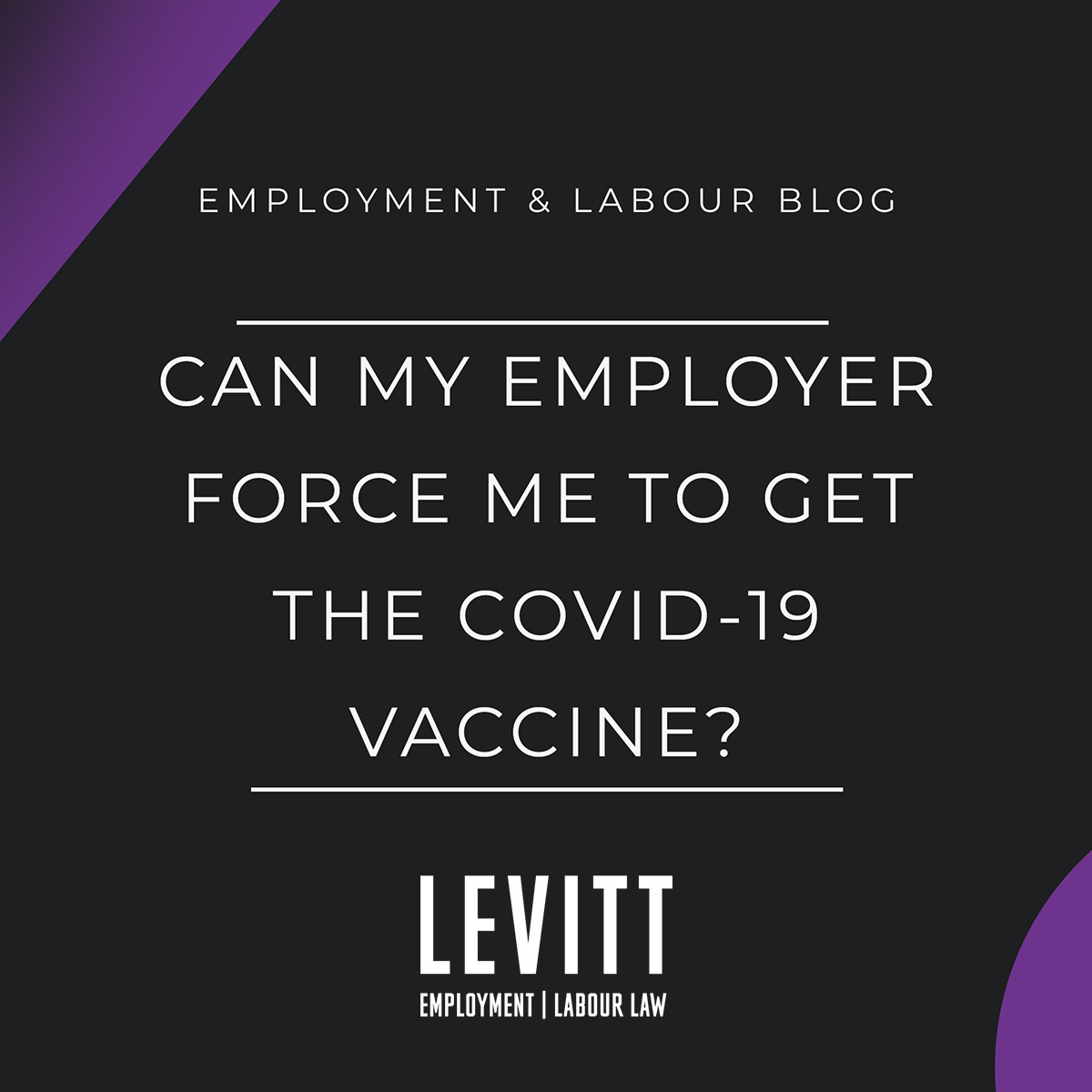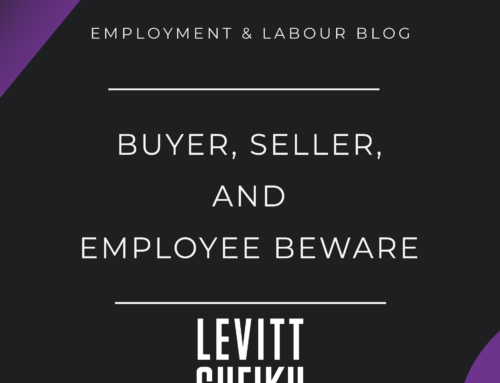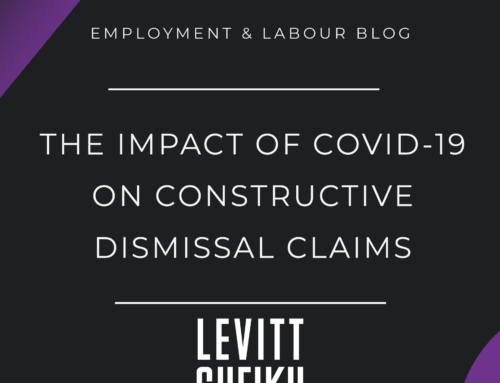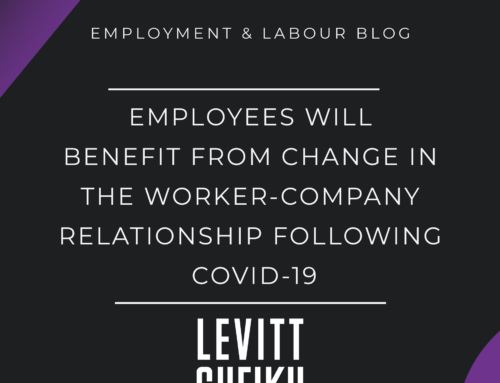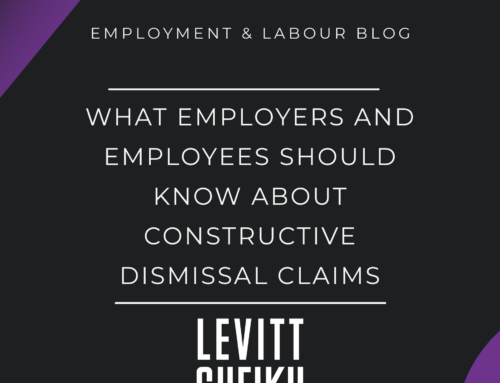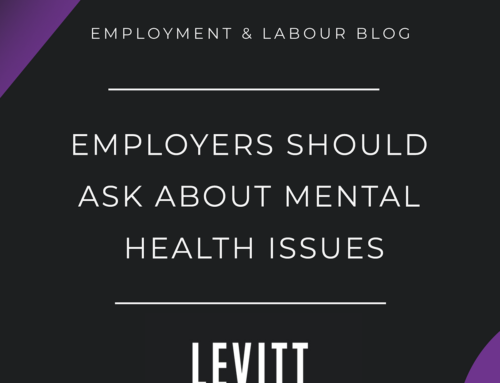The country has been in lockdown for almost a year– and finally, there seems to be a light at the end of the tunnel. With the COVID-19 vaccine being developed and currently being circulated, there is a new obstacle around returning to the workplace, which is whether employees should have to be forced to get the vaccine before being permitted back. In our opinion, when looking at the respective laws, we believe that the courts will view safety as more important than the privacy of the individual, but only in the case where working from home is not an option.
Suppose employers don’t make it mandatory for employees to get vaccinated in workplaces where working from home is not possible. In that case, it can open the employer to the risk of incarceration or multi-million dollar fines if they play fast and loose with COVID-19 and its potential danger to their employees and customers. This can open employers to being sued for negligence if they aren’t protecting their staff in enforcing this potentially dire health risk. This action could cost millions of dollars and could potentially lead to bankruptcy for many companies. Now financial protection isn’t the only reason to create these mandates, as many employers pride themselves on creating a safe and healthy workplace for all their staff and customers.
The issue is that there is no precedent, and we can foresee that there will be cases that will come up before the courts in the future surrounding this topic. Such cases will likely focus on the conflict between privacy rights and worker safety. Regardless of what has been mentioned regarding the flu in old arbitration decisions, that is simply irrelevant since COVID-19 is much more contagious and potentially lethal than the common flu and cannot be compared. It will potentially be contested if the employees have their own offices or can socially distance and wear the proper PPE within the workplace without risk, but if not, then the employer has every right to mandate having to get the vaccine. The only case where this can be contested is in the case of disability or religious accommodation. The employee would have to show they belong to an established religion where vaccination is prohibited. They would then have to be accommodated on a case-by-case basis, depending on the job description.
Suppose vaccination becomes the norm. In that case, if it is recommended by health authorities, an employer failing to require vaccines will provide both customers and employees with a strong argument to sue for negligence against them if they contract the disease. Negligence, after all, is based on not following the acceptable standard.
To learn more about mandatory vaccinations in the workplace check out this article (here) where Levitt LLP’s very own, Howard Levitt lays out his predictions for vaccinations in the workplace.
Contact Levitt LLP When Losing is Not An Option.

